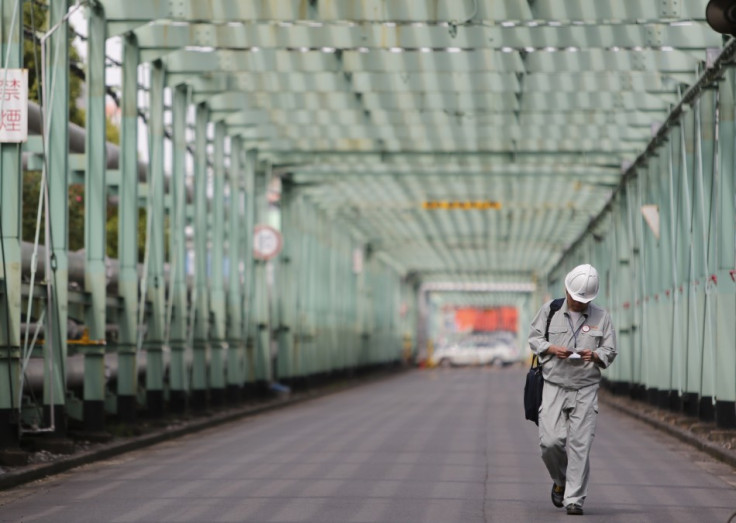More Japanese workers dying from overwork or karoshi

Death by overwork is on the rise among Japan's workers. The country is now seeing a record number of compensation claims relating to death from overwork or karoshi.
According to Labour Ministry data, claims for compensation for karoshi rose to a record high of 1,456 in the year ending March 2015. Most of the cases pertained to the health care, social services, shipping and construction industries. All these industries are facing severe worker shortages.
According to the Japan Times, labour demand, at 1.28 jobs per applicant, is at its highest since 1991. However lax enforcement of labour laws effectively means that some businesses try to get as much as they can from their employees, often with tragic consequences.
Hiroshi Kawahito, the secretary-general of the National Defense Counsel for Victims of Karoshi however believes that the true figures could be 10 times higher than official records as he believes the government was reluctant to recognise such cases. "The government hosts a lot of symposiums and makes posters about the problem but this is proganda," he alleges.
He said the government is not doing enough. "The real problem is reducing working hours, and the government is not doing enough."
Kawahito who has been dealing with karoshi cases since the 1980s, said 95% of his cases used to be middle-aged men in white-collar jobs. Now, about 20% are women.
Japan has no legal limits on working hours. The Labour Ministry recognises two types of karoshi: death from cardiovascular illness linked to overwork and suicide following work-related mental stress. A suicide ruling is possible if it comes after an individual has been working for 160 hours or more of overtime in one month or more than 100 hours of overtime for three consecutive months, Japan Times says.
Work-related suicides are up 45% in the past four years among those 29 years old and younger. It is up 39% among women, the Labour Ministry data reveal.
Japan's workforce is split into two categories - regular employees and those on temporary or non-standard contracts, which usually affect women and younger people, the newspaper noted.
Last year, non-regular employees comprised 38% of the total workforce, up from 20% in 1990. The newspaper said that 68% of them were women.
Emiko Teranishi, the head of Families Dealing with Karoshi support group said she has heard a lot of complaints about companies' hiring tactics. She said that some companies tell new hires that their salary includes 80 hours of overtime and they must reimburse the company if they should work less hours.
"Some people don't even make minimum wage under this system," said Teranishi. Her husband committed suicide after working long hours.
© Copyright IBTimes 2025. All rights reserved.




















